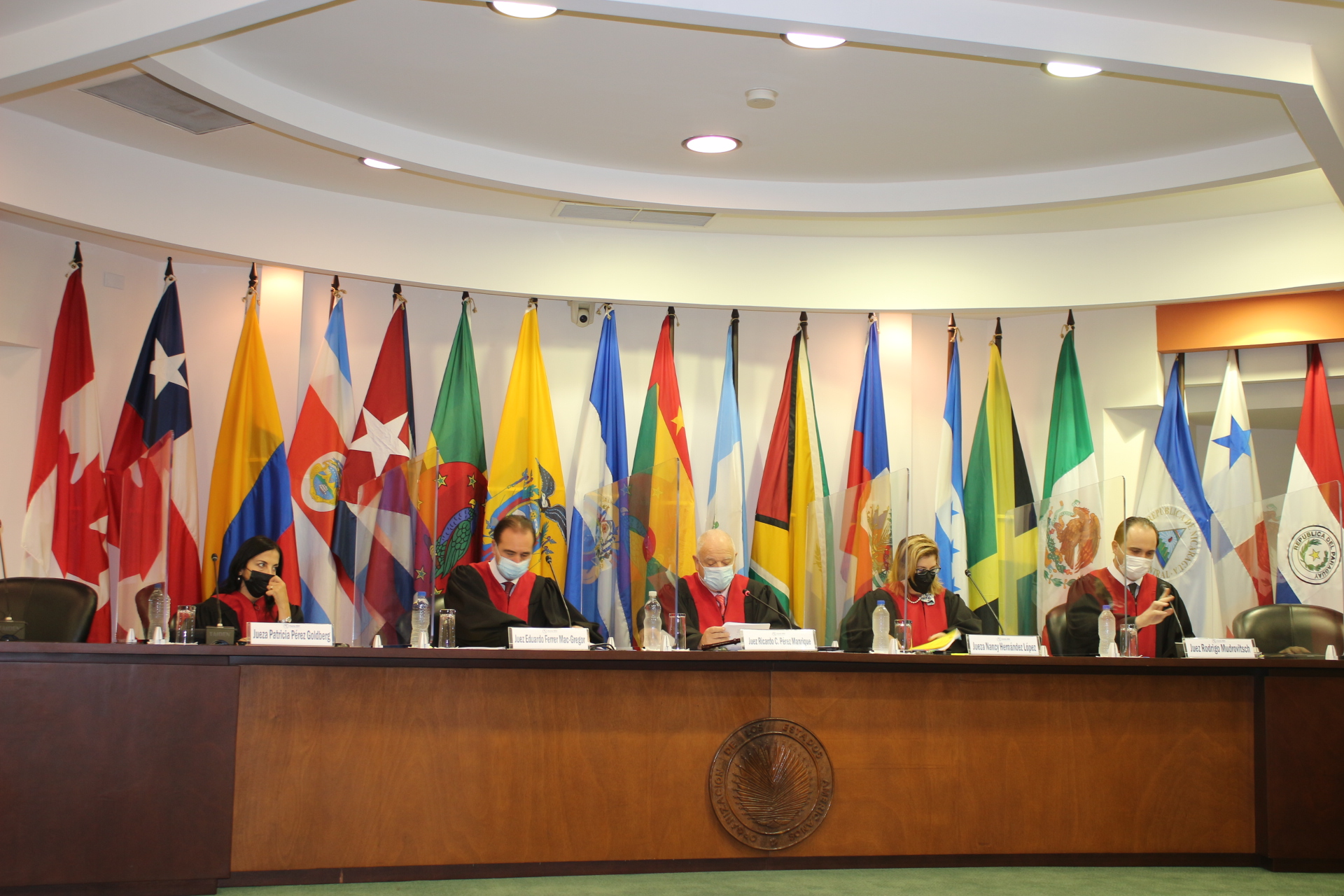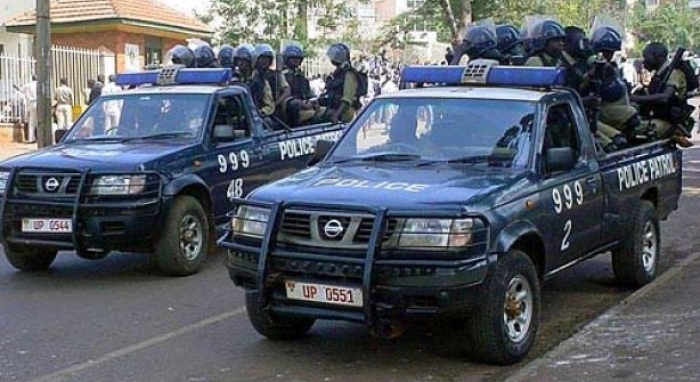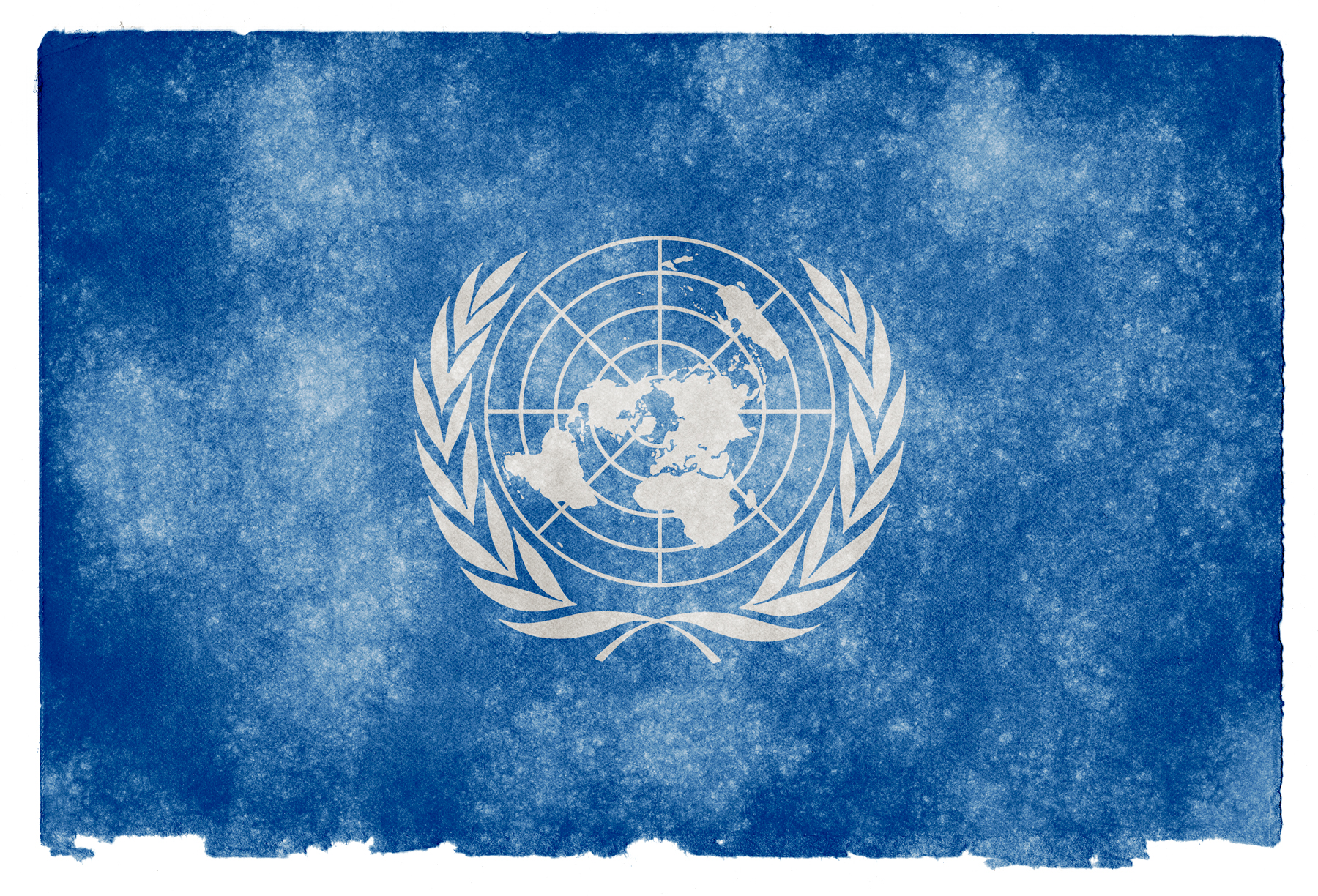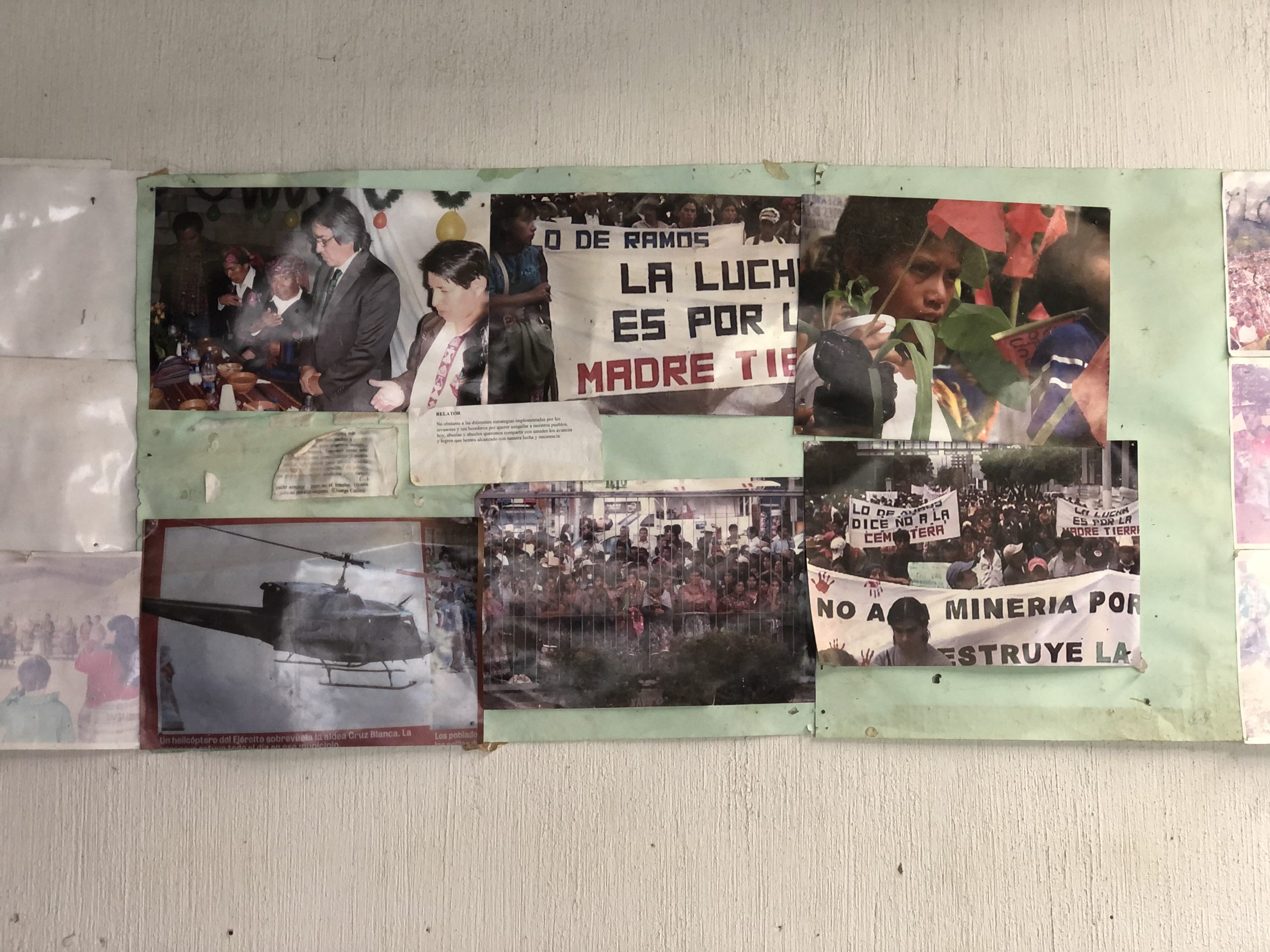(Geneva) – Governments, corporations and the United Nations should act to address a disturbing global pattern of attacks against human rights defenders who protest against business operations and major development projects, the International Service for Human Rights said today.
There has been a spate of such attacks in recent weeks, including in Mexico, Russia and Uganda.
On 28 January 2014 the protest camp of the Asamblea Popular del Pueblo de Juchitán (APPJ) in Oaxaca, Mexico, was burned to the ground. The APPJ was formed in February 2013 to protest against the construction of a major wind-farm, Bií Hioxo, by Spanish venture capital firm Gas Natural Fenosa. According to Frontline Defenders, members of the APPJ have been subject to ‘a pattern of serious harassment and surveillance over the course of their legitimate and peaceful opposition to Bií Hioxo’, with one member, Héctor Regalado Jiménez, shot dead on 1 August 2013.
In addition to physical attacks, human rights defenders protesting against business operations have been subject to legal restrictions and harassment. Just yesterday, a number of Russian civil society activists protesting against deforestation and environmental damage associated with construction projects for the Sochi Olympics were arrested and charged with offences such as ‘petty hooliganism’. Amnesty International has reported that one of the defenders, prominent environmental activist Evgeny Vitishko, has already been sentenced to a period of administrative detention after which it is feared that he will be moved to a prison colony.
The pattern of attacks against human rights defenders protesting major development projects is also evidenced in Africa. A February 2014 Human Rights Watch report on the impact of mining on human rights in Uganda found that ‘the government’s increased focus on seeking foreign investment has been marked by increased hostility to civil society working on environmental, land, and corruption issues.’ The report documents a range of attacks against NGOs, such as the Uganda Land Alliance, and concludes that ‘NGOs seeking to educate the public about the value of their land, community processes, and compensation rights face a variety of problems from government officials, including threats of deregistration, accusations of sabotaging government programs, and arrest.’
Attacks against human rights defenders working on corporate accountability issues have also been linked to non-State actors, including private corporations. The most recent report of the UN Special Rapporteur on Human Rights Defenders documents ‘credible reports and allegations indicating that private corporations are involved in violations against defenders, including stigmatization, threats, harassment, attacks, death threats and killings.’ The Special Rapporteur identifies ‘defenders working on land and environmental issues in connection with extractive industries and construction and development projects’ as facing a particularly ‘high risk of violations’. She also expresses deep ‘concern about the increased criminalization of social protest often in connection with the peaceful expression of opposition to public or private development projects’.
‘ISHR is deeply concerned at the worsening pattern of attacks and restrictions against human rights defenders who work to expose and seek accountability for corporate human rights violations,’ said ISHR Director Phil Lynch.
‘From Mexico to Cambodia and from Russia to Uganda, human rights defenders are being criminalized and attacked for their work to identify, mitigate and remedy human rights violations associated with business operations,’ Mr Lynch said.
With the UN Human Rights Council set to adopt a resolution on human rights defenders in March and on business and human rights in June, ISHR is calling on States, corporations and the UN itself to take a number of steps to reverse this trend:
- States should develop specific laws and policies to enact the UN Declaration on Human Rights Defenders at the national level and should review and repeal laws which restrict and criminalise defenders’ work.
- States should protect human rights defenders from attacks and reprisals by both State and non-State actors, ensure prompt and thorough investigations when they occur, and hold perpetrators accountable.
- States should take specific measures to protect and support the work of human rights defenders who work on issues of corporate accountability, who claim and seek to exercise their right to participate in decision-making processes, or who voice their opposition to business activities or development projects, including by guaranteeing their right to peaceful protest and to freedom of expression, association and assembly.
- States should publicly support the work of human rights defenders working on issues of corporate accountability, including by refraining from labelling them as ‘anti-development’ or as economic ‘terrorists’ or ‘saboteurs’.
- States should develop and implement National Action Plans on the implementation of the UN Guiding Principles on Business and Human Rights which include policies and measures to protect and support human rights defenders.
- States should issue a joint invitation to the Special Rapporteur on Human Rights Defenders and the UN Working Group on Business and Human Rights to conduct a country mission to examine and make recommendations regarding the situation and protection of defenders working on corporate accountability.
- Corporations should consult and engage with human rights defenders to in order to avoid and mitigate adverse human rights impacts associated with business and should refrain from obstructing or impairing their human rights work.
- Corporations should comply with the UN Guiding Principles on Business and Human Rights and, in the case of corporations working in the extractive and resource sectors, fully implement the Voluntary Principles on Security and Human Rights, a multi-stakeholder initiative to address the risk of human rights abuses arising from security arrangements in the oil, gas and mining industries.
- Investors and sponsors should undertake human rights due diligence to ensure that the rights of human rights defenders are respected and protected in business activities and operations and that they do not in contribute in any way to human rights violations or attacks on defenders.
- The UN Human Rights Council should warmly welcome the report of the Special Rapporteur on Human Rights Defenders and invite the mandate holder to prepare a thematic report and recommendations on the issue of human rights defenders working on issues of corporate accountability.
- The UN Human Rights Council should strengthen the mandate of the UN Working Group on Business and Human Rights to ensure that the Working Group consults with and mainstreams the situation and protection of human rights defenders in its work.




